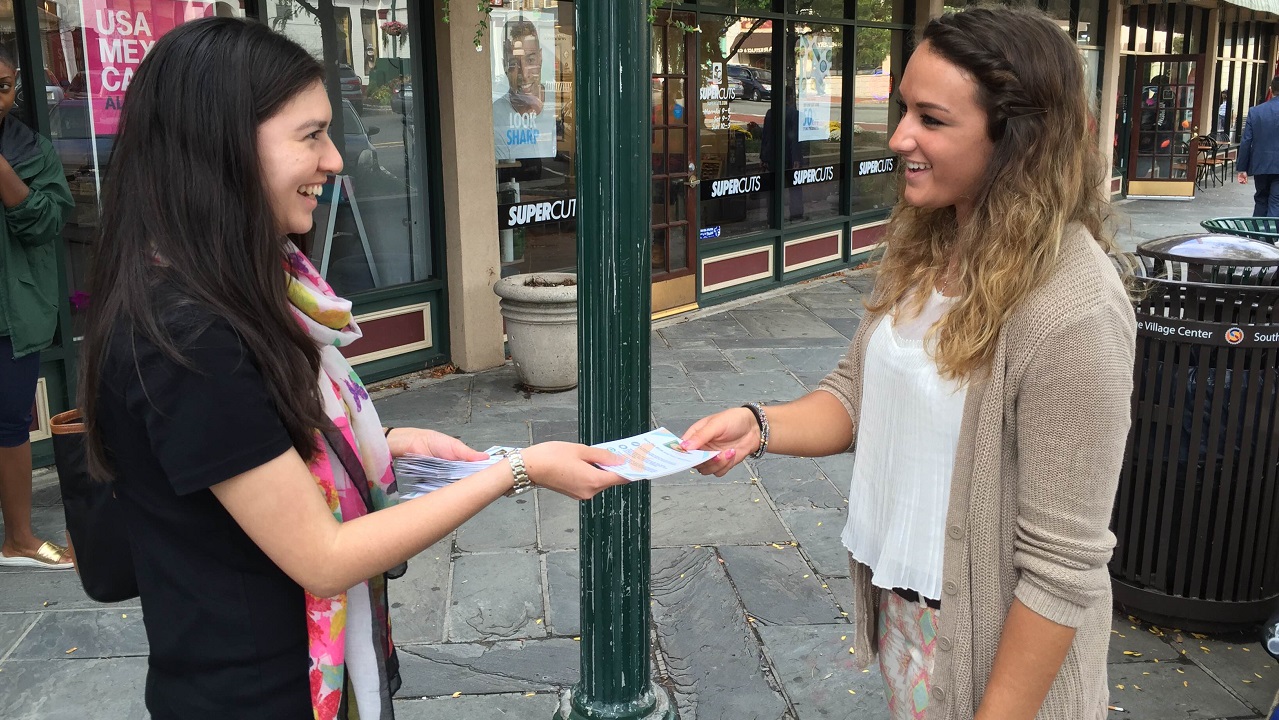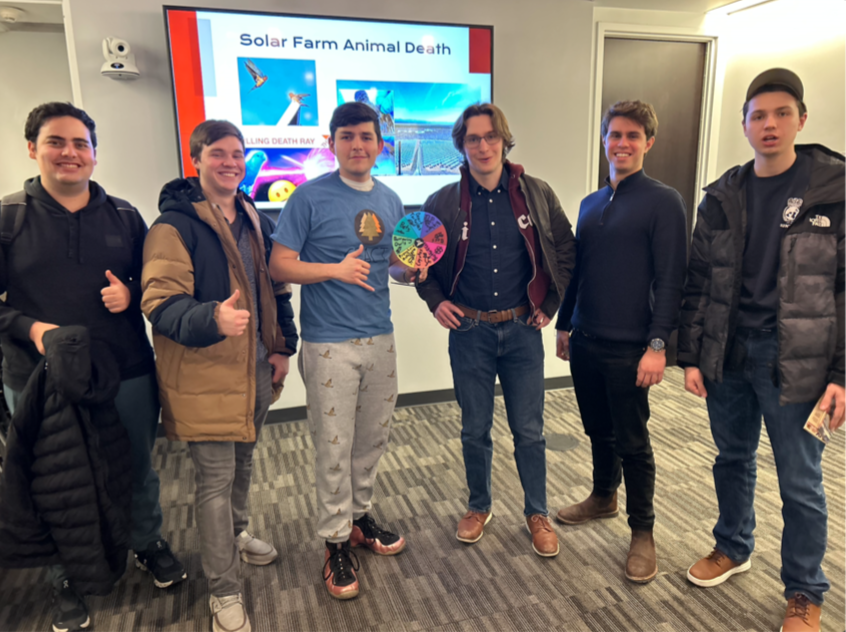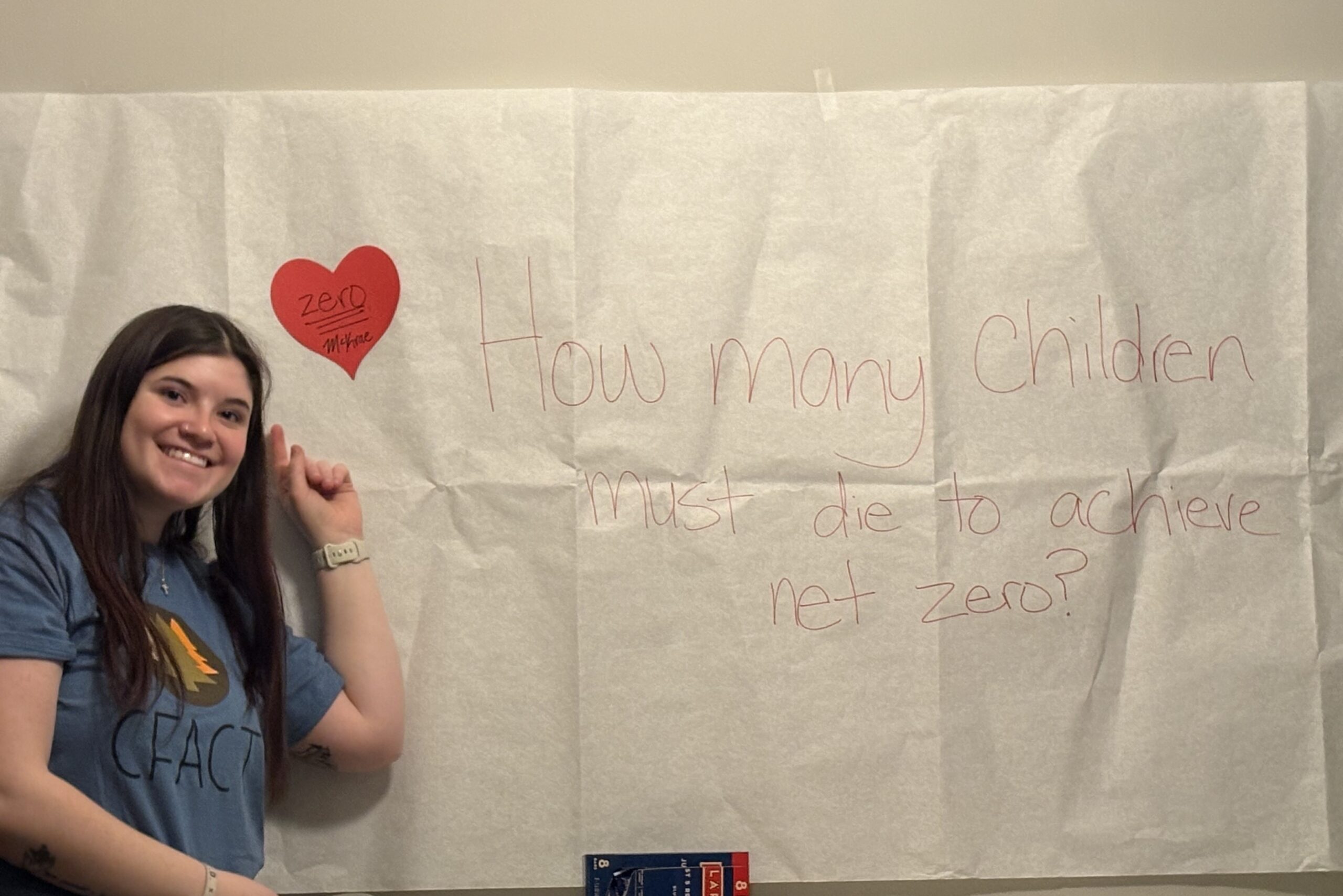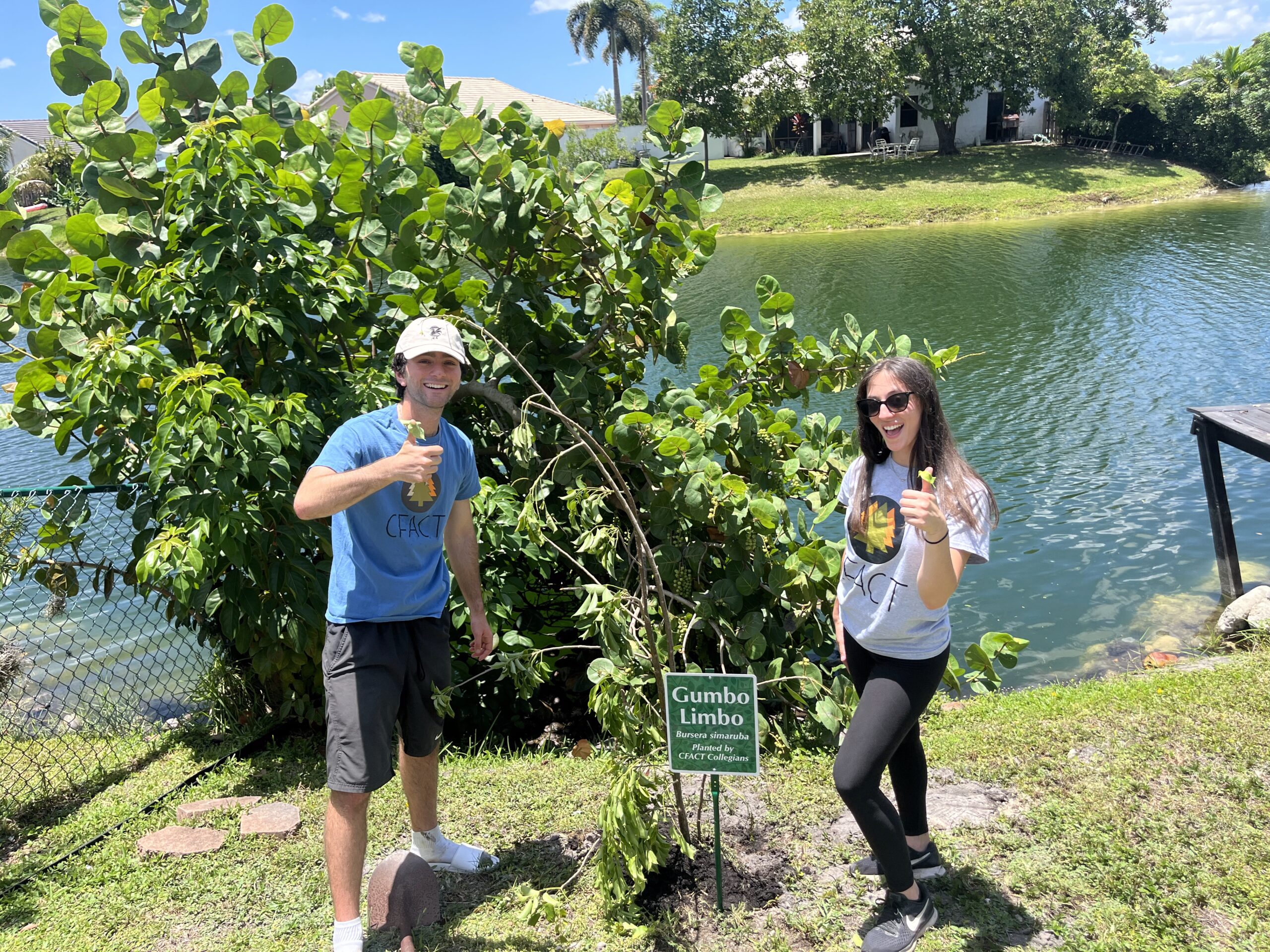100 million. That is how many birds are estimated to die each year from flying into windows in the United States. Collegians at Seton Hall University wanted to help solve this problem on their campus in South Orange, New Jersey, but not in the way many might expect.
To the public, the words “free market” and “conservation” may seem at odds. But the reality is that there is no better way to preserve animals than by acting within the free market.
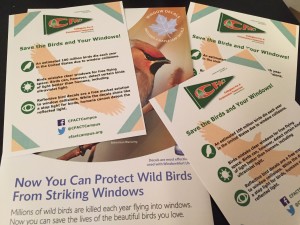 Bird decals are one way to prevent bird deaths without enacting burdensome governmental regulations on where or how you can build your house. The static cling decal is invisible to humans because it reflects ultraviolet light only birds can detect. Rather than flying headfirst into glass thinking it is free flying space, the bird is warned by the glowing decal to stay away.
Bird decals are one way to prevent bird deaths without enacting burdensome governmental regulations on where or how you can build your house. The static cling decal is invisible to humans because it reflects ultraviolet light only birds can detect. Rather than flying headfirst into glass thinking it is free flying space, the bird is warned by the glowing decal to stay away.
“This is a solution that I don’t think anyone can disagree with,” senior Jennifer Collins said. “On campus we strive to engage students who may know little about limited government, and I was excited to start thinking about alternative ways to engage them.”
The free market, through consumer choice, can determine innovative answers to environmental challenges that government would never have thought of. While the gut reaction of the bureaucrat is “how can I stop people from doing this?” the gut reaction of the entrepreneur is “how can I solve a problem without making people’s lives any more difficult?”
Senior Katie Cericola said, “To be honest this is a way of thinking I hadn’t really been opened to before. Issues like the environment and conservation are incredibly important, and we have to approach them in smart, unique ways.”
The bird decal distribution initiative is currently being developed by Seton Hall collegians as a way to engage student peers who typically identify with more liberal policies and ways of thinking.
